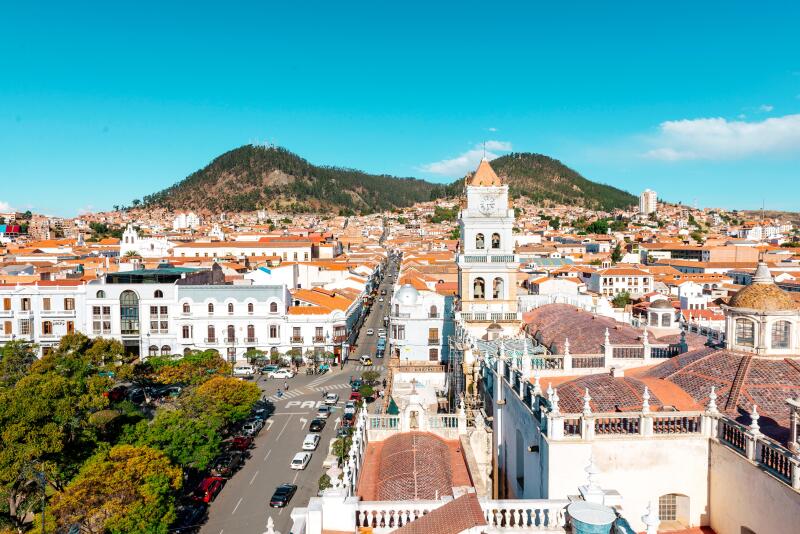
The emerging markets debt universe has had a default-free 18 months but Bolivia’s struggles mean a restructuring looms. It should not be punished by investors or its creditors for rearranging its debt pile, and neither should any other EM sovereign.
After a flurry of EM sovereigns restructured their debts last year — Ghana, Sri Lanka, Ukraine and Zambia — the list of countries in default is small: Belarus, Ethiopia, Lebanon, Russia and Venezuela.
But Bolivia may be about to join the club. A more market-friendly government is likely after the first round of elections earlier this month, but whatever policies a new administration follows it may be too late for the country to avoid a restructuring — and it might not want to.
One run-off candidate, former president Jorge Quiroga, has pledged a $2bn-$4bn IMF deal and a “reprogramming” of Bolivia’s debt. The other, Rodrigo Paz, has pledged to renegotiate external debt to ease the outflow of hard currency.
Neither should be castigated for doing so. Bolivia is in a social and economic crisis; food and fuel shortages are widespread and inflation is sky high. Bolivia’s reserves of foreign currency are threadbare.
This is not to ignore the fact that Bolivia is in this mess through its own doing. But no government should prioritise the repayment of international creditors over providing for its citizens. Ideally it does both but if it cannot, then it should always choose the latter — bondholders know the risks when they buy the paper.
Investors should not be overly demanding during restructuring talks either. For example, Bolivia needs cash flow relief so it can have a few years spending its scant resources on its people, not filling the coffers of overseas investors, who must also recognise that Bolivia’s troubles are the work of the outgoing MAS party, not the future government, whoever it turns out to be.
The same applies to further in the future, when Bolivia wants to return to the international capital markets. It should be able to do so at a fair price which reflects its credit fundamentals, and nothing more.
That does not mean that Bolivia should get a free hand in a restructuring. It is in this position entirely through its own poor decision-making over a long period, and international, private creditors lent the money in good faith. They should get their money back but not in a manner that will just keep Bolivia treading water for years and years.
Bolivia, if it requests a restructuring, will be making the choice that is better for everyone in the long run. The government will be able to alleviate the internal crisis and implement sustainable fiscal policy. In a few years, hopefully, this will bolster the economy and government coffers, in turn making its ability to repay lenders much stronger.
This applies not just to Bolivia but to any sovereign in debt distress, Sometimes it is better to put your hands up and request some relief, rather than just keep struggling along to the benefit of nobody.
